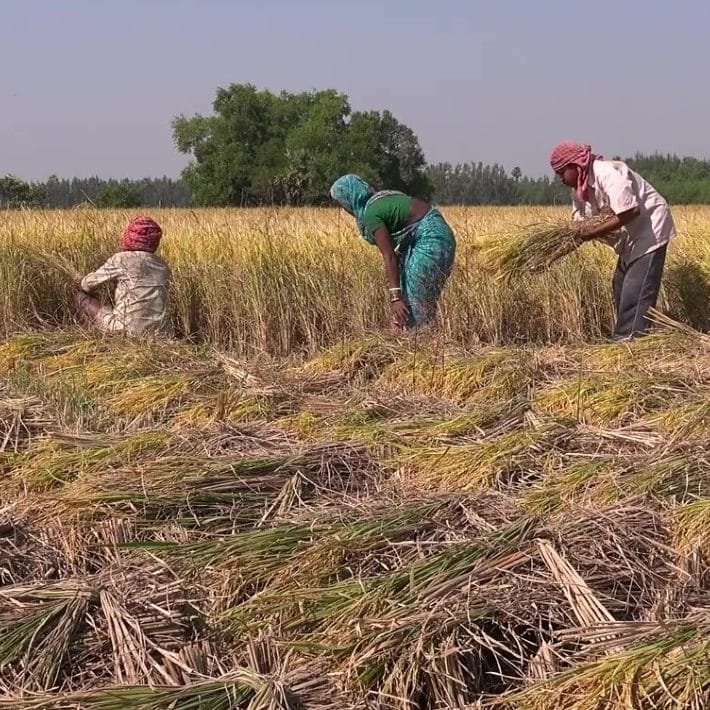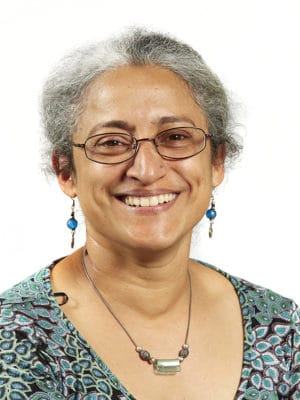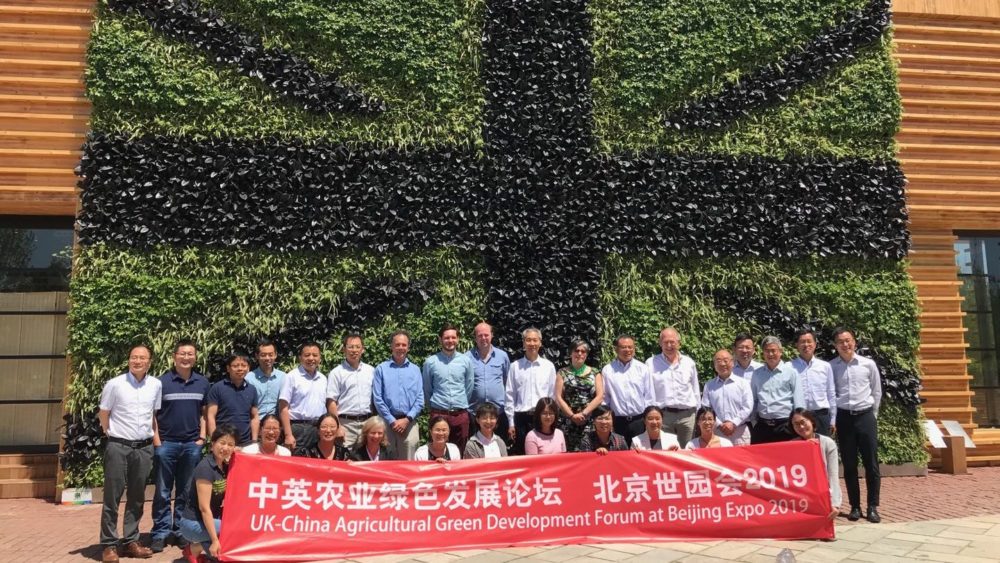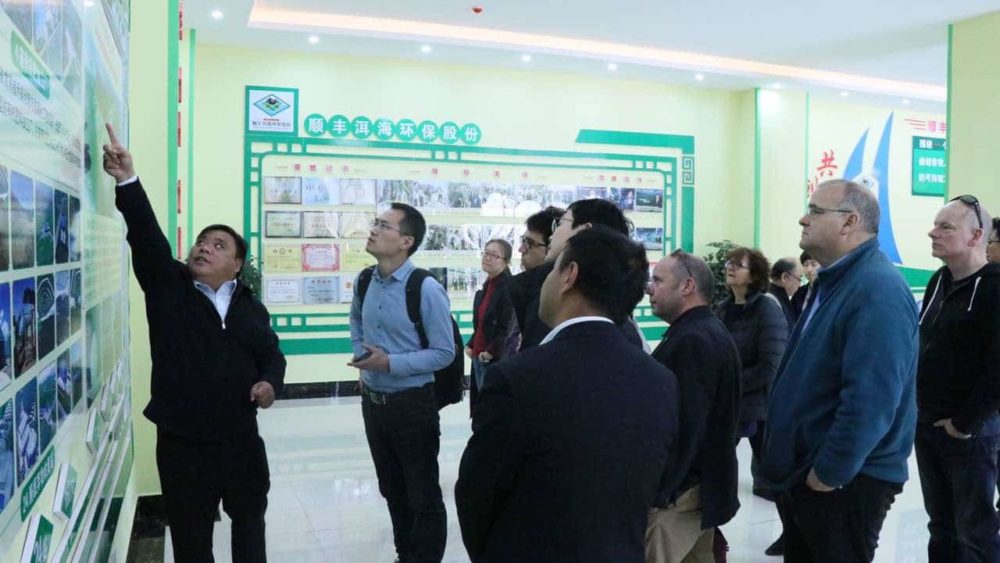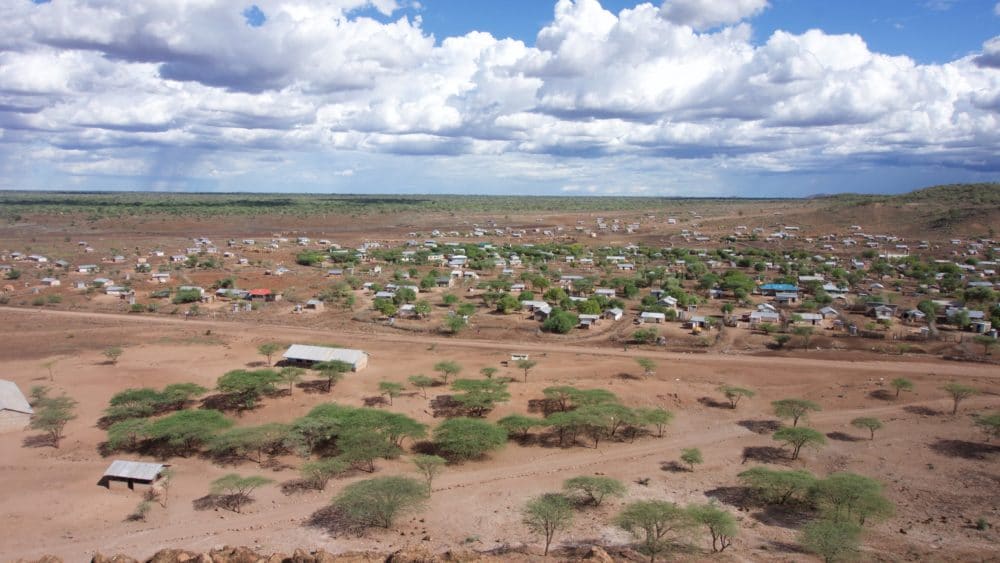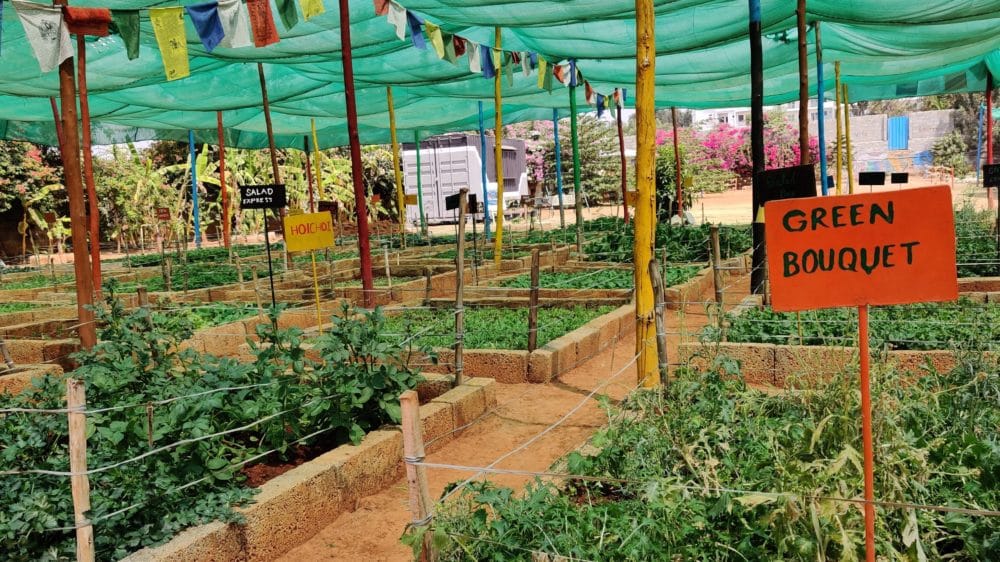The Sustainable Food Systems sub-project of the Global Research Translation Award is addressing food and nutrition insecurity in India, a problem confronting a vast majority of women and children, especially in rural, indigenous communities.
Despite economic growth, India has some of the highest levels of food and nutrition insecurity in the world, with close to 40% of children under 5 stunted, and over 50% of women anaemic. There is an urgent need to upscale successful local innovations and best practices to address these issues.
The project partners are working with communities, especially women’s groups, youth groups and students to generate and share knowledge on sustainable food systems, in particular production choices and technologies, diets and consumption practices, and their relationship to health and nutrition outcomes. Using a range of creative tools and strategies, partners and communities are generating digital content that will be shared at scale through an interactive, audio community media platform; supplemented by a mobile app for smartphone users, to provide 24-hour real-time response to community needs. Sustainability will be ensured through capacity-building of educational institutions, government functionaries and the wider public at multiple scales – local, regional, national and international.
The Sustainable Food Systems project is funded by the University of East Anglia’s Global Research Translation Award (GRTA), a £1.36 million project to help tackle health, nutrition, education and environment issues in developing countries. The funding comes from the UK government’s Global Challenges Research Fund (GCRF), which seeks to fast-track promising research findings into real-world solutions. The project partners are: Kalinga Institute of Social Sciences (KISS), India; PRADAN, India; Gram Vaani, India; and the School of International Development, UEA, UK.
Read about the full project here.

